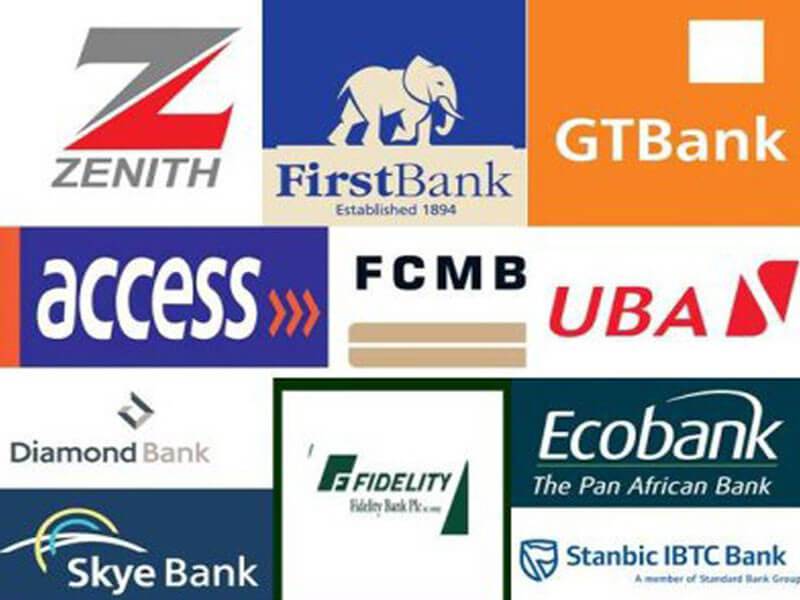Ten major financial institutions in Nigeria have amassed approximately N438 billion from digital transactions in 2023, marking a substantial 37.54% increase from N318.64 billion in 2022.
This surge shows the growing adoption and reliance on digital banking channels among Nigerians.
The significant rise in electronic business income can be attributed to the increasing popularity of mobile and online banking.
These platforms include a range of digital channels such as mobile applications, USSD channels, automated teller machines (ATMs), agency banking, internet banking, point-of-sale (PoS) payments, and credit and debit card transactions.
Among the leading banks, United Bank for Africa (UBA) stood out, generating N125.58 billion in electronic banking revenue, a remarkable increase from N78.94 billion in 2022.
However, UBA’s IT-related expenses also soared by 148%, reaching N23.19 billion from N9.32 billion the previous year.
Access Holdings followed closely, with an electronic business income of N101.62 billion, representing a 70.34% increase from the prior year. Their IT and e-business expenses also saw a significant rise to N78.05 billion from N44.63 billion.
FBN Holdings reported N66.34 billion in earnings from its electronic business, up from N55.09 billion in 2022.
The bank highlighted that electronic banking fees were a major contributor to the growth in its fees and commission income, accounting for 20.4% of the total.
Zenith Bank recorded N51.82 billion from electronic banking fees, a 13.29% increase from N45.74 billion in 2022. It’s IT expenditure grew by 8.48% to N33.59 billion.
Guaranty Trust Holding Company (GTCO) saw its income from electronic business rise to N40.83 billion from N37.74 billion the previous year. It’s expenses related to communications, administration, and technology also increased to N50.24 billion from N42.39 billion.
First City Monument Bank (FCMB) reported N17.69 billion in revenue from electronic fees and commissions, up from N13.99 billion in 2022, with IT spending almost doubling to N16.57 billion from N9.99 billion.
Fidelity Bank’s e-business income rose by 20.30% to N14.03 billion from N11.66 billion, with a substantial increase in IT spending, which surged by 274.73% to N16.57 billion from N4.42 billion.
Sterling Financial Holdings Company earned N8.588 billion from e-business commissions and fees, higher than N7.16 billion in 2022.
Wema Bank, known for its fully digital bank ALAT, saw a rise in fees from electronic products to N7.35 billion from N6.13 billion, while its technology spending decreased slightly by 1.84% to N1.42 billion.
Stanbic IBTC Holdings reported the lowest income from electronic business at N4.42 billion, although this was a notable increase from N2.51 billion in 2022. The bank’s IT expenditure rose by 42.93% to N19.34 billion.
This substantial growth in digital transaction revenue highlights the increasing shift towards digital banking in Nigeria.
Do you want to share a story with us? Do you want to advertise with us? Do you need publicity for a product, service, or event? Contact us on WhatsApp +2348183319097 Email: platformtimes@gmail.com
We are committed to impactful investigative journalism for human interest and social justice. Your donation will help us tell more stories. Kindly donate any amount HERE




